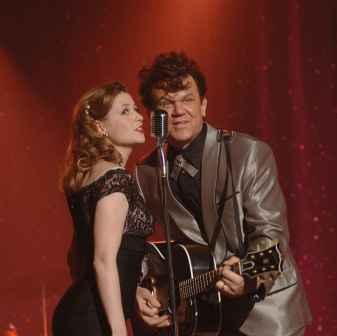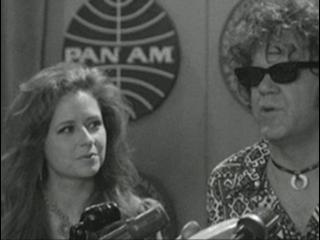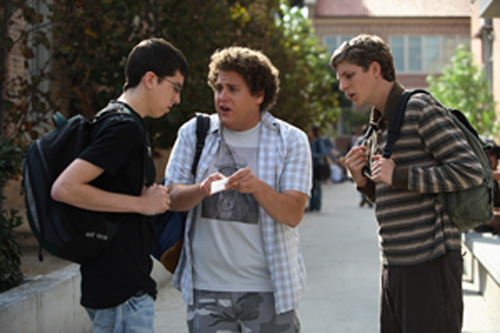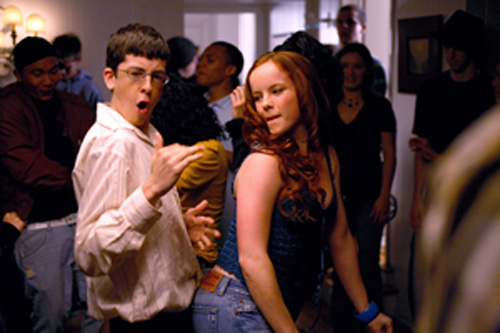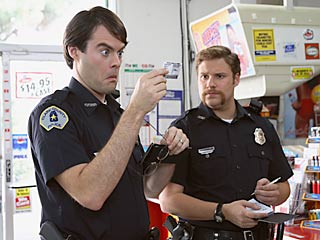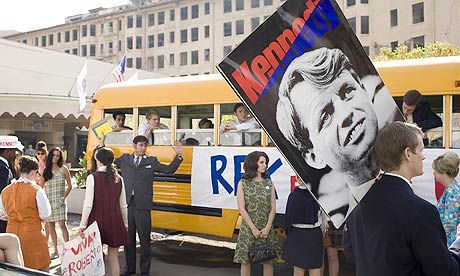Queso, usually I’d put a bunch of excuses in this opening paragraph about why this is going up so late, when the real question is: nearly ten months into 2017, why even do this Best of 2016 movie list at all? (Answer: I’m a completionist and it was bugging me.) But really the bigger issue here is: I missed a LOT of movies last year.
I missed Oscar contenders (Hidden Figures, Hacksaw Ridge) and Oscar bait (Allied, Florence Foster Jenkins). I missed promising indies (Captain Fantastic, American Pastoral) and movies with cult-cachet (Swiss Army Man, High-Rise, Elle, Kubo and the Two Strings). I missed the big winter dogs (Passengers, Assassin’s Creed), the summer dogs (Independence Day: Resurgence, The Legend of Tarzan), and the just plain dogs (Alice Through the Looking Glass, Deepwater Horizon).
I missed some big tentpole remakes (Beauty and the Beast, The Jungle Book, The Magnificent Seven, Pete’s Dragon.) I missed a bunch of unnecessary sequels (Now You See Me 2, Ride Along 2, London Has Fallen). I missed the maybe-better-than-you-expect B-movies (The Shallows), the high-rated Disney outings (Moana). I even missed a few movies I still really want to see (Silence, Toni Erdmann).
But of the ones I did see, I suppose these are my…
[2000/2001/2002/2003/2004/2005/2006/2007/
2008/2009/2010/2011/2012/2013/2014/2015/The Oughts]

For now Barry Jenkins’ Moonlight was a perfectly-contained short story about a young boy forced to toughen up in a harsh and uncaring world, and a man trying to be brave enough to shed that lifetime’s worth of armor. I have some quibbles with the movie — the classical score can be occasionally cloying, and some of the characters — Naomie Harris’s junkie mom, Mahershala Ali and Janelle Monae’s saintly neighbors — occasionally felt too broadly drawn. But at a time when too many films feel swallowed by their own ambition, Moonlight told a powerful, personal, memorable, and resoundingly human story on a small and colorful canvas.
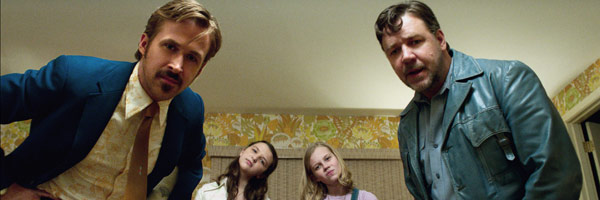
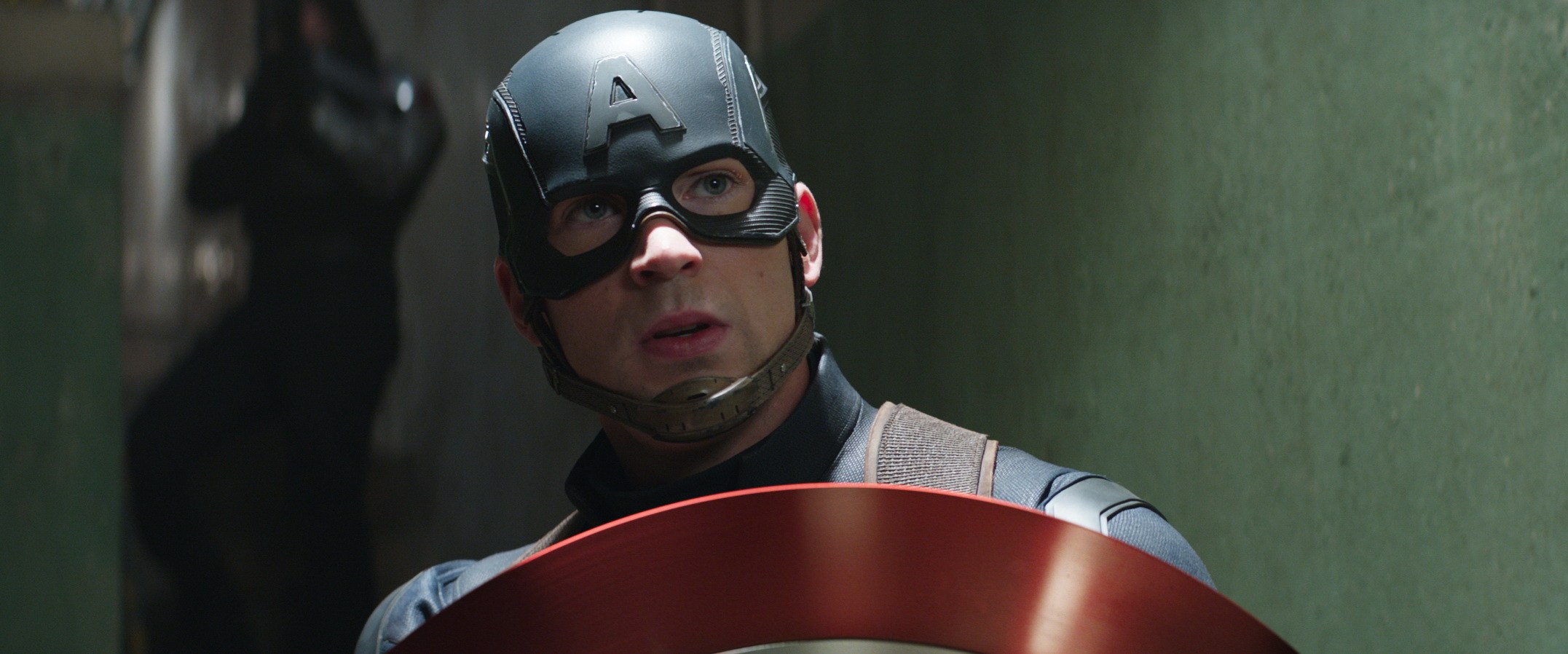
Clearly Cap is the hero we need right now, even if, in these Hail Hydra times, he’s not the one we deserve. Throw in that ripped-from-the-comics airline melee, Spidey-done-right, and Daniel Bruhl as the best and most nuanced Marvel villain to-date (until the 2017 list, at least), and you have another jewel in Marvel’s gauntlet. Go get ’em, Cap.
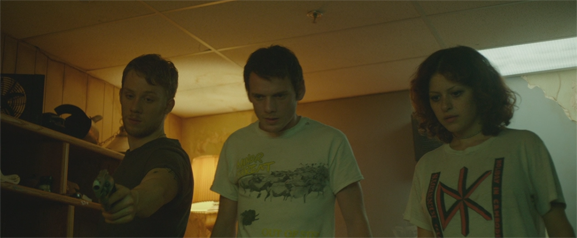
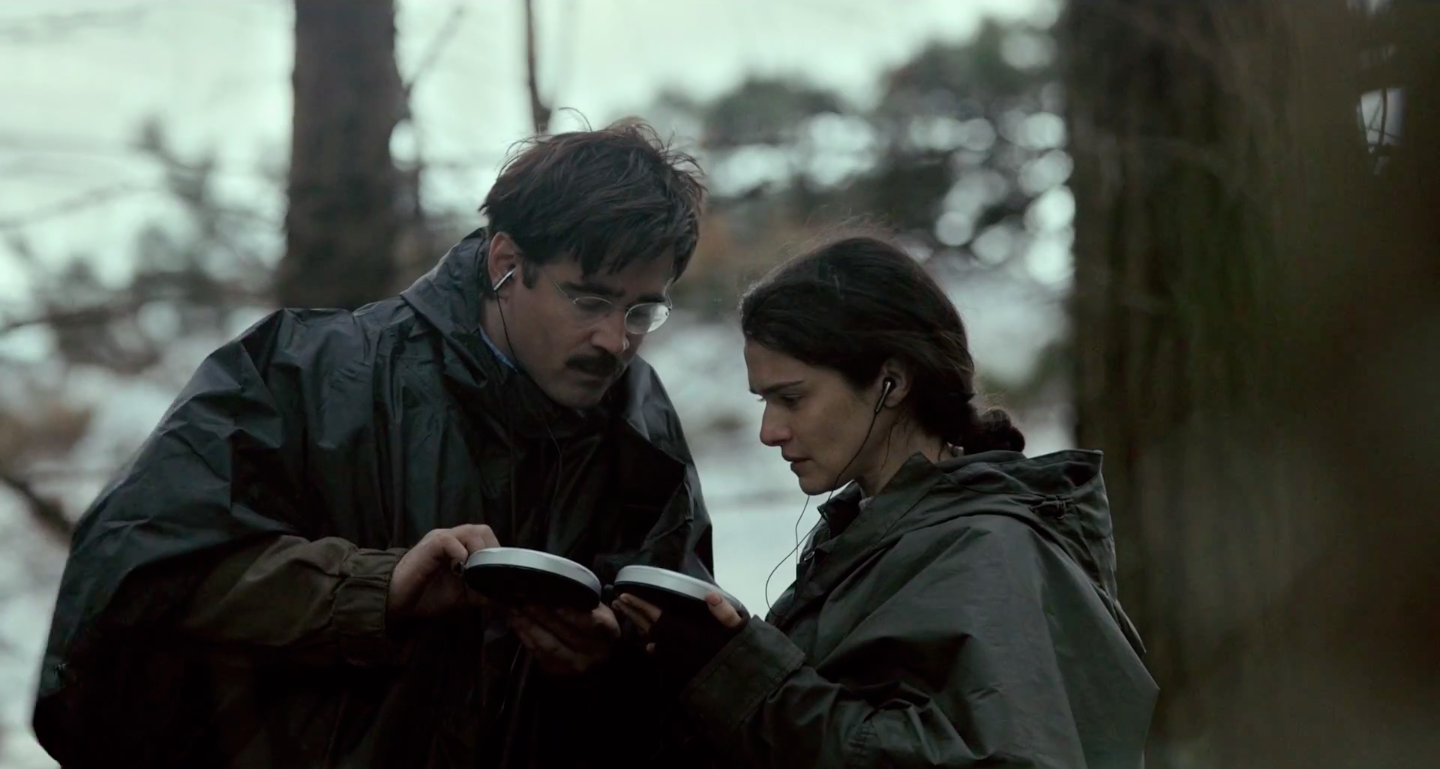
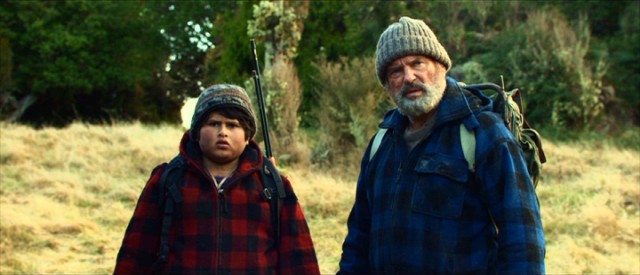
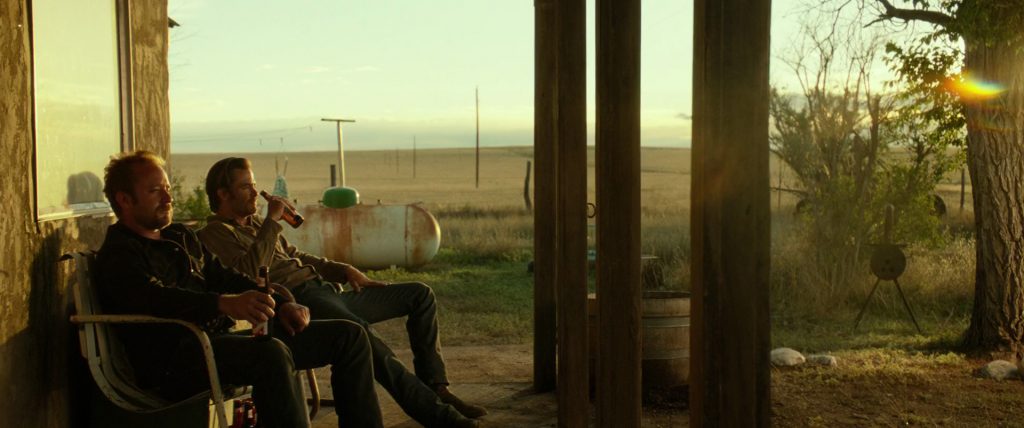
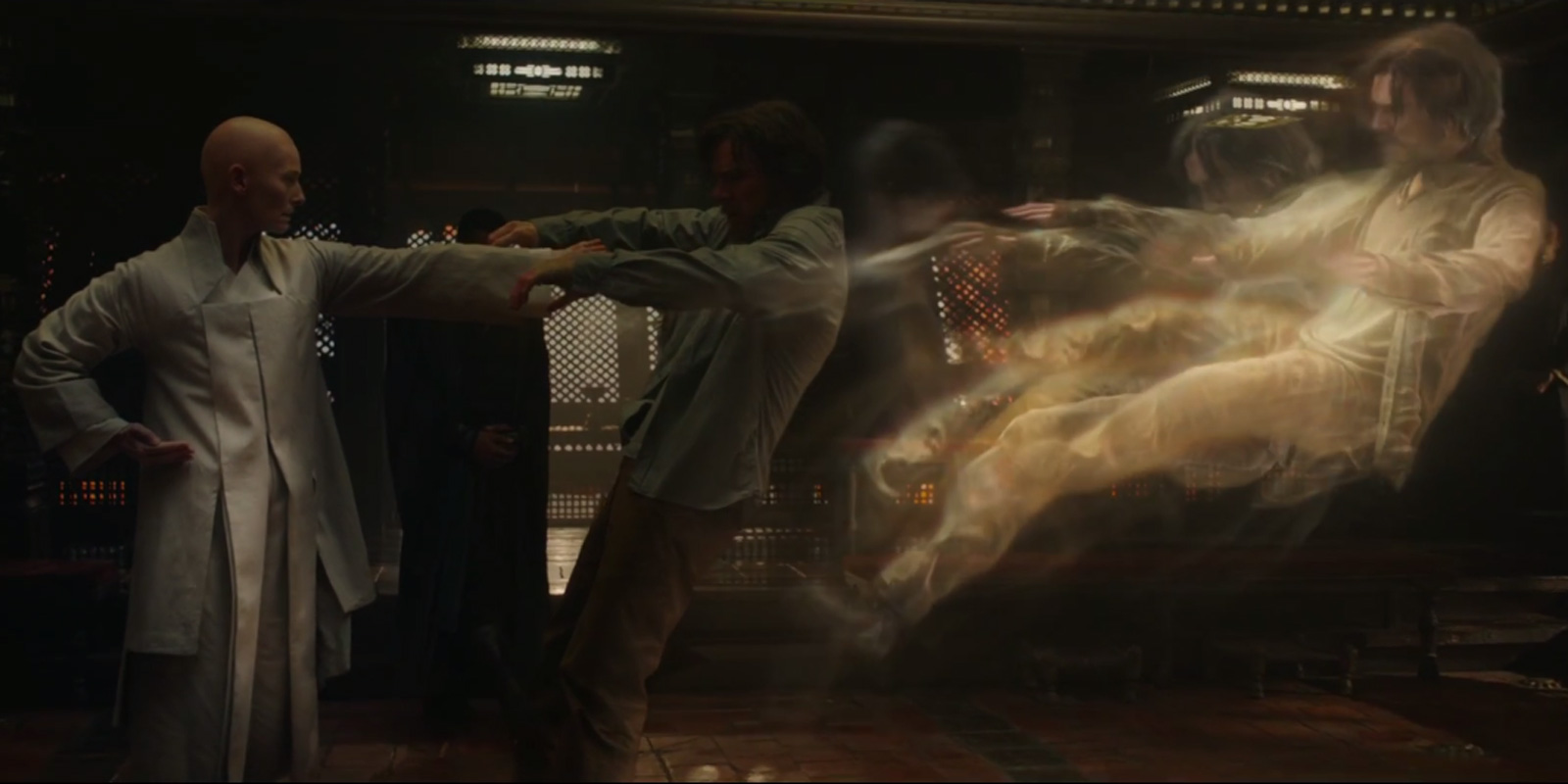
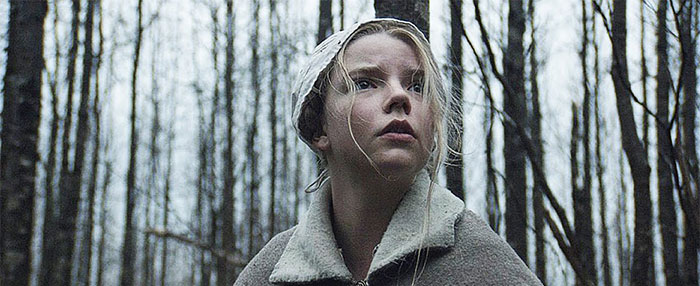
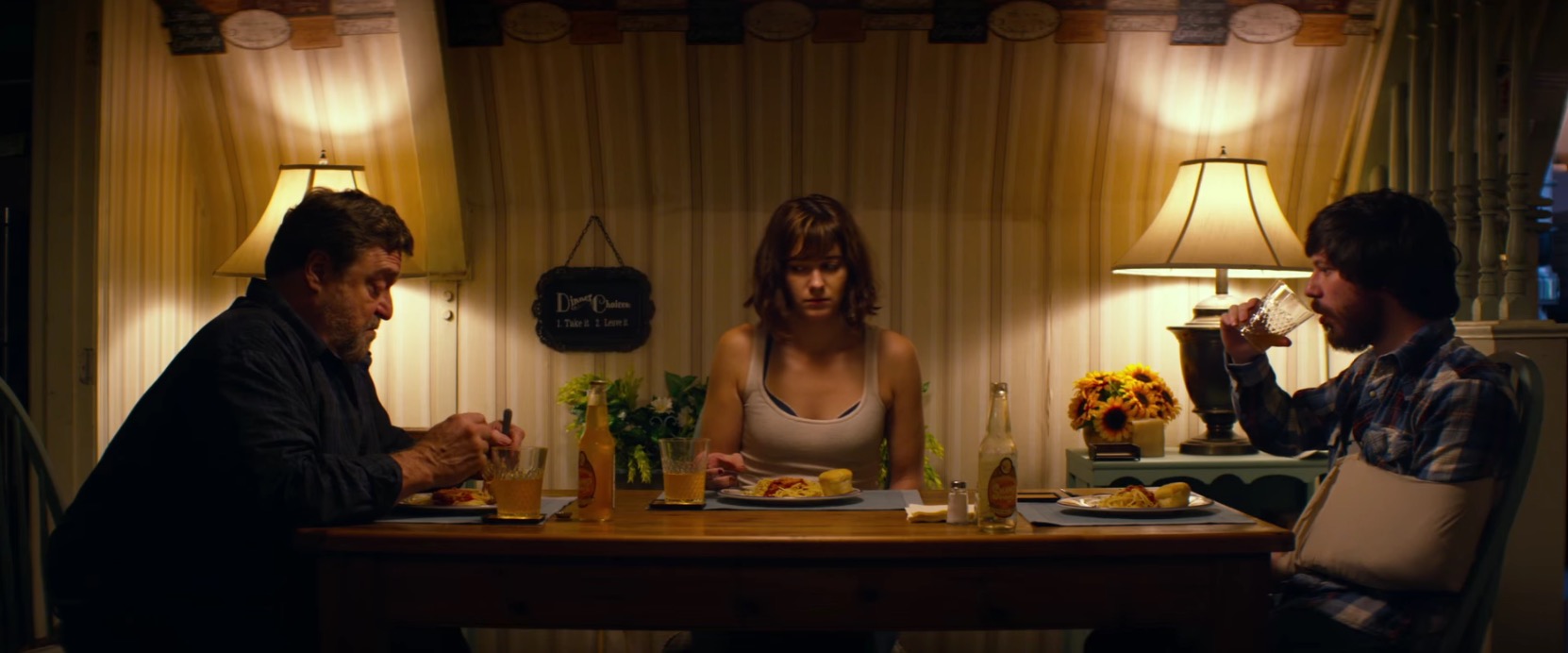
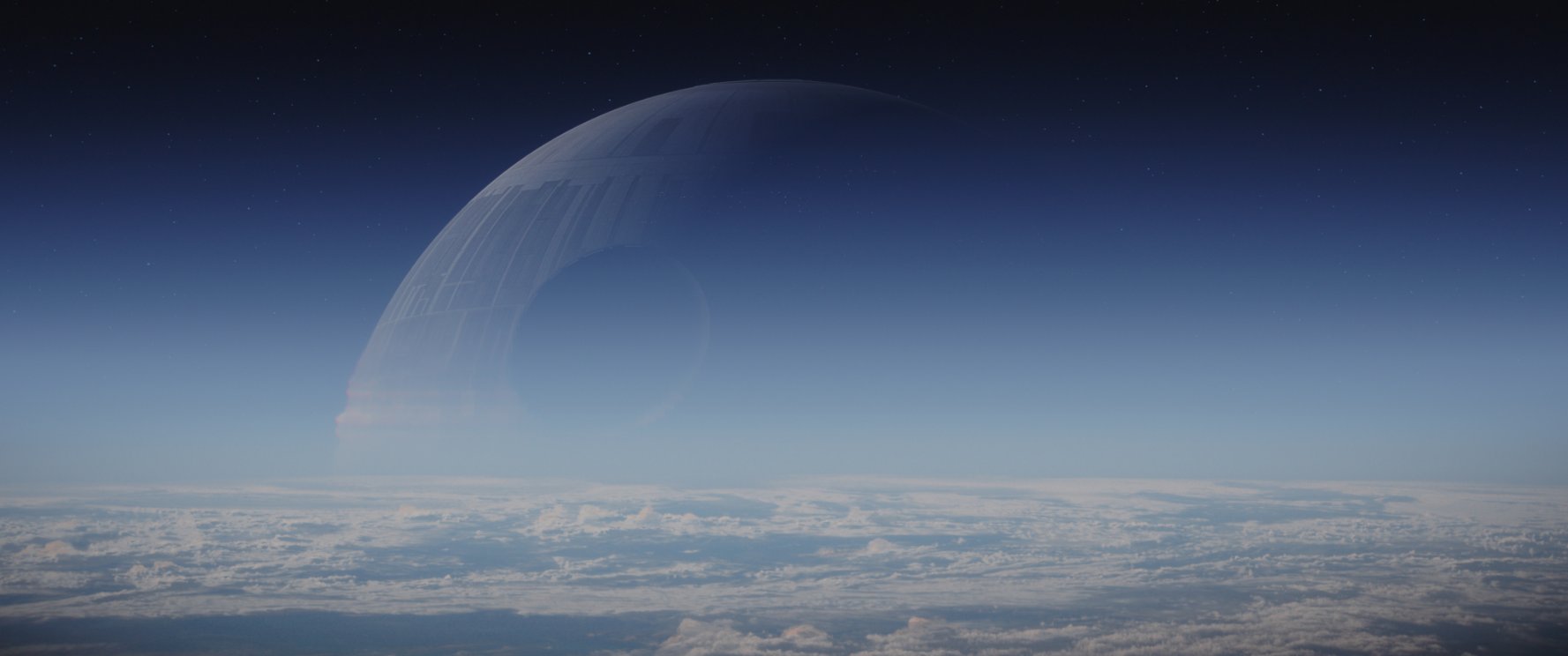
Speaking of Imperial aristocrats, he gets a lot of grief, but I really liked CGI-Peter Cushing, and, while I get the icky implications for the future, I still thought it was an appropriate homage to a guy who hunted the undead for so long. And, of course, the Death Star’s exhaust port got a brilliant retcon.
But then I watched Rogue One again a few months ago on DVD. And, exposed to the light of day, it’s hard to ignore the movie’s serious pacing and writing problems. Almost all of Felicity Jones’ suicide squad are one-note at best — Alan Tudyk’s quippy droid comes off the best by a large margin. It’s hard to tell what they were going with with Forest Whitaker’s character, but it feels like more than half of his arc got cut somewhere. And, while we’re not at Starkiller Base, doing-violence-to-basic-physics bad, so much of what happens doesn’t make any sense. (If they desperately want to stop the transmission of the plans, why don’t the Imperials just blow up their own radar tower?)
So, in short, Rogue One was a great nostalgia delivery device, but it doesn’t really hold up. Here’s hoping some of the other one-off installments have more intrinsic quality.
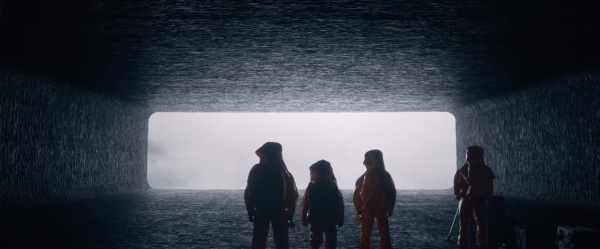
Much was made of this being the blue state science-fiction movie we all needed after Election 2016. But given that Arrival ends up being more cerebral than smart, and that the basic message ends up being “acquiesce to the inevitable preordained tragedy in your future,” I don’t think that holds up in the way suggested.
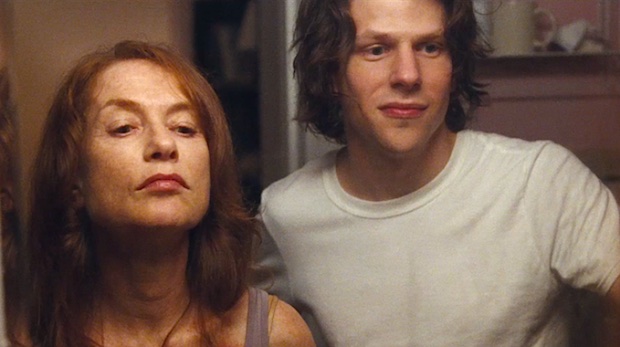
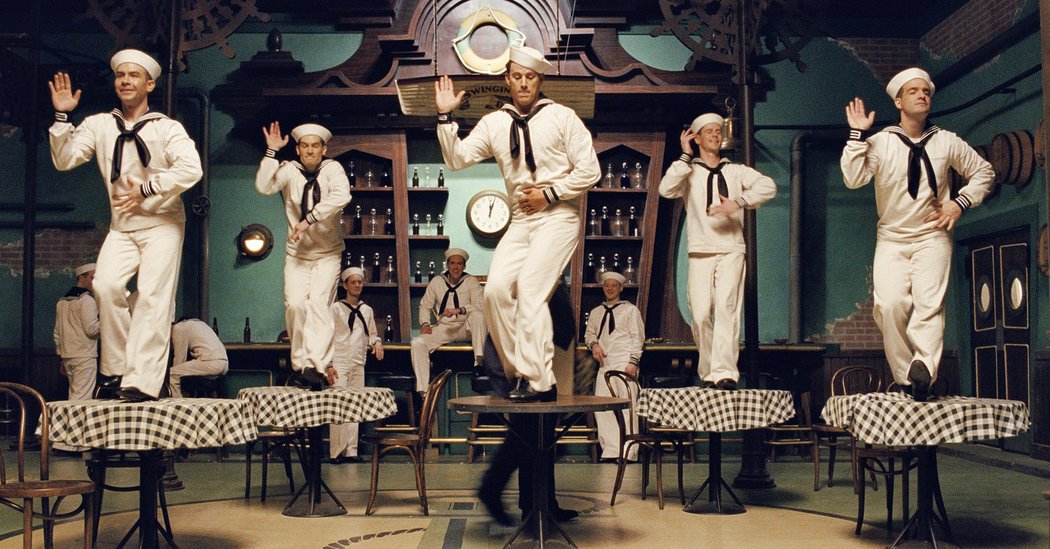
Set around a decade after Barton Fink burned down the Hotel Earle and disappeared from Hollywood, Caesar continues Fink‘s initial inquiries into the mid-century studio system, fellow-traveling screenwriters, and movies as the spiritual iconography of our time. Also has Channing Tatum dancing, Tilda Swinton playing twins, George Clooney mugging, and Ralph Fiennes and Alden Ehrenreich doing their “Would that it were so simple” routine. Like I said, my initial reaction to it was around the level of The Man Who Wasn’t There — eh, ok — and like that one, I probably need to see it again.
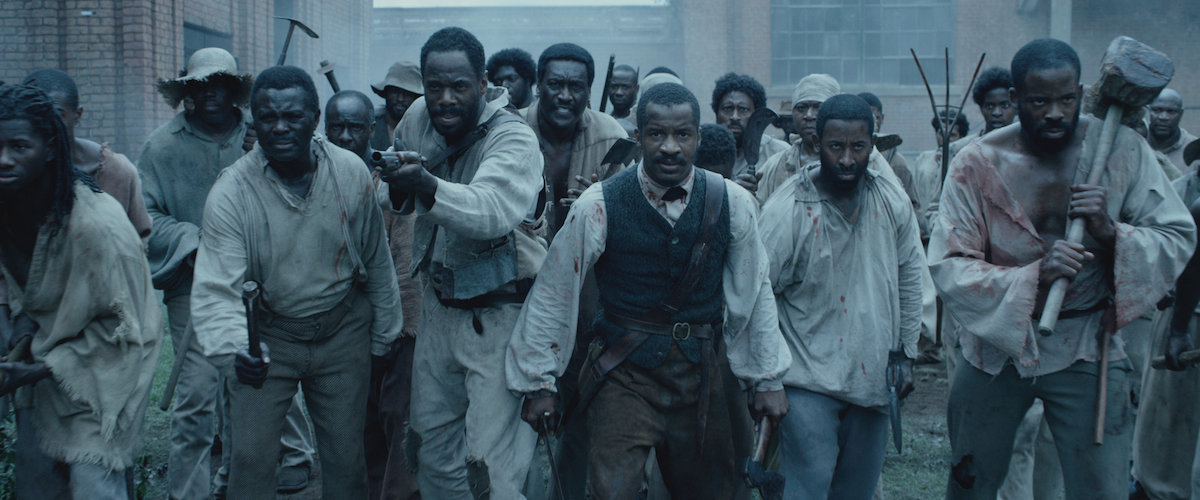
At the same time, I appreciated the scale of ambition here — the blatant eff-you to the racist-as-hell D.W. Griffith standard and the attempt to overturn a cultural legacy that’s treated Nat Turner (or Denmark Vesey or John Brown) as criminals rather than survivors who rose up against an American hellscape that we sanctioned here for far too long. If all the turning Nat Turner into a vengeful Christ figure here is laying it on extra-thick, maybe we needed an extreme corrective to get the message out. In that regard, Nation is striking the same vein as QT’s Django Unchained, with a better grip on history to boot.
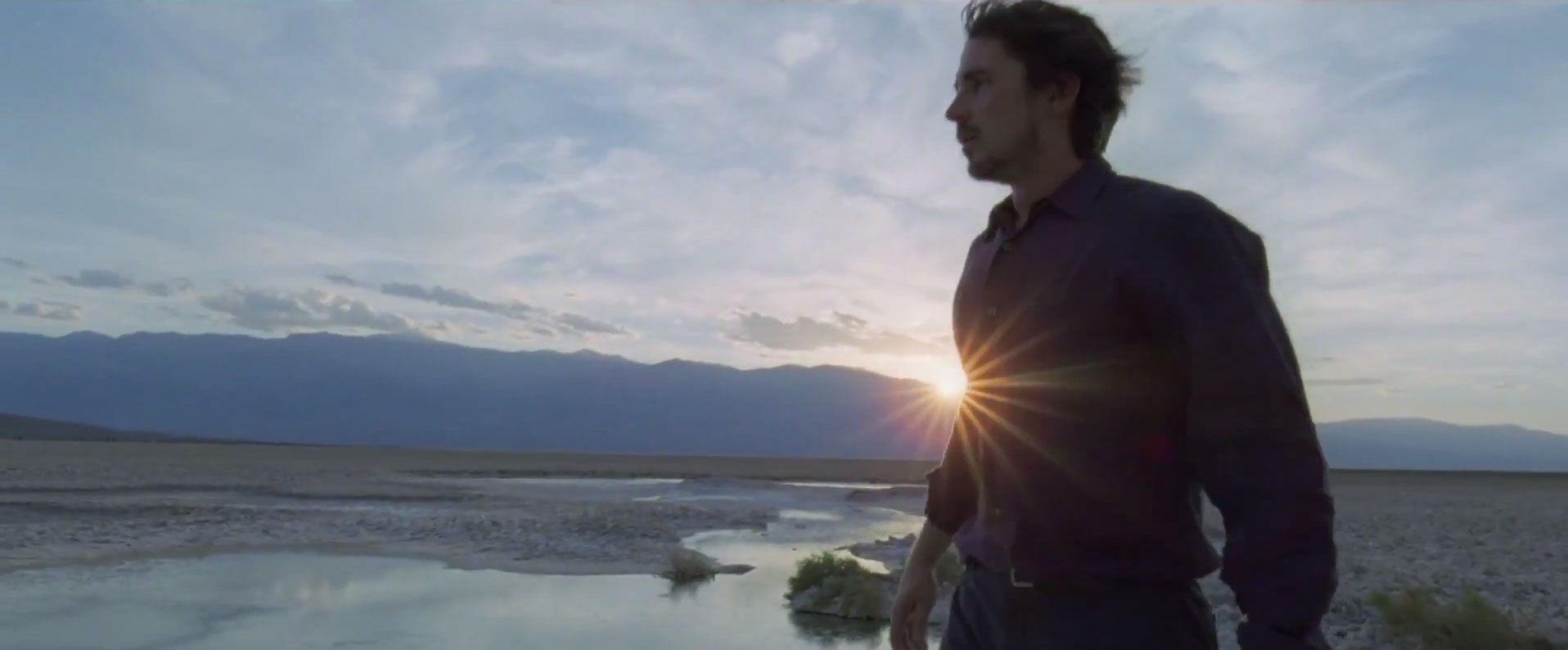
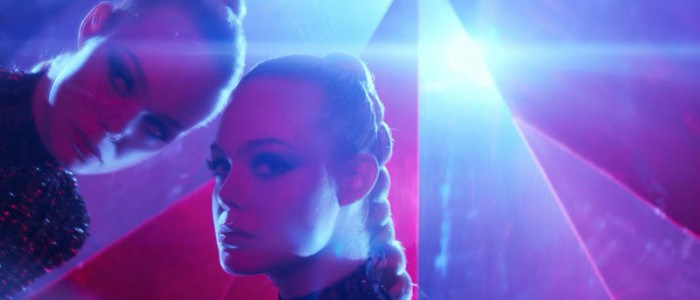
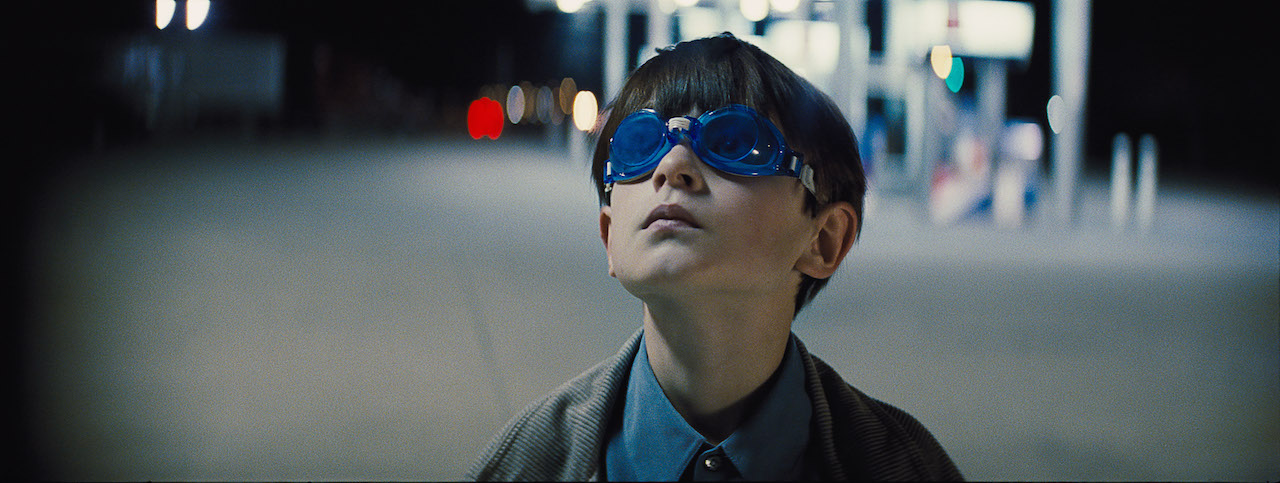

Still, even if they’ve added a mid-movie romance with Rooney Mara to pad the running time (and which doesn’t contribute much to the film), we’re talking about a two hour movie here that basically builds up to a Google search. Lion was…fine, I suppose, and would probably appeal more to more sentimental types.

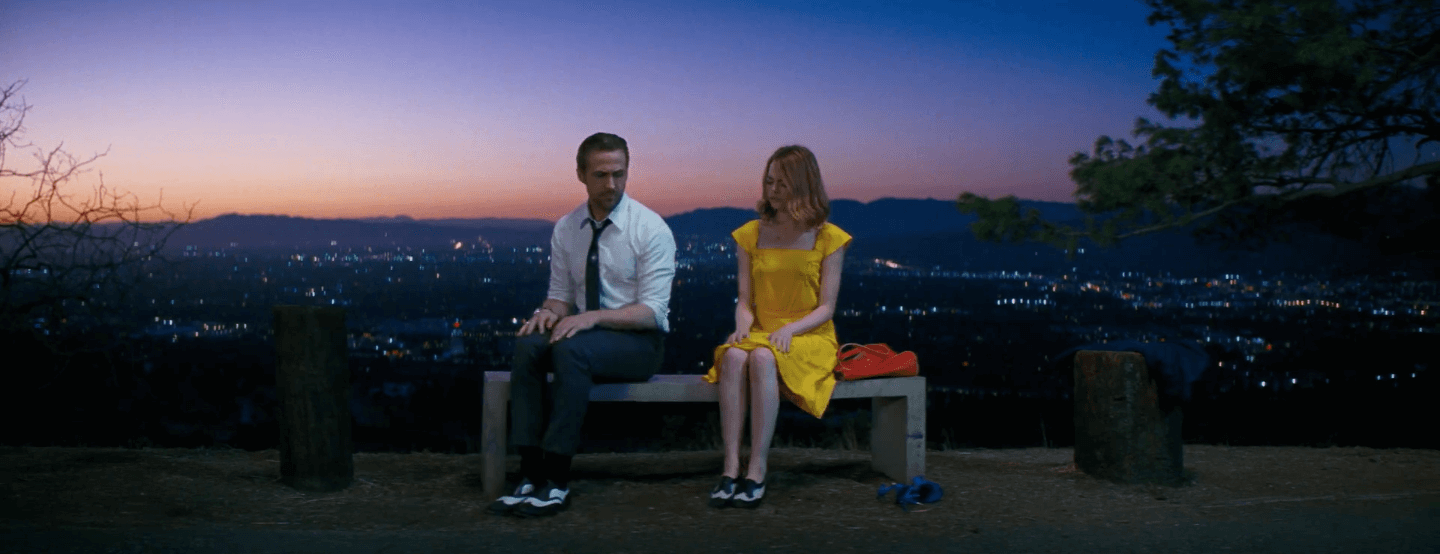
But the real issue here is: Why should I care? Stone wants to be a megastar? Gosling wants to open a jazz club (presumably so he can keep whitesplaining it to anyone who walks in)? Gosling is worried his fusion breakthrough with John Legend might make him a sellout? Honestly, who gives a shit? C’mon, people, it is — sorry, was — the year of our Lord 2016. This is like the poor King of England having a stutter all over again. Please come at me with real problems.
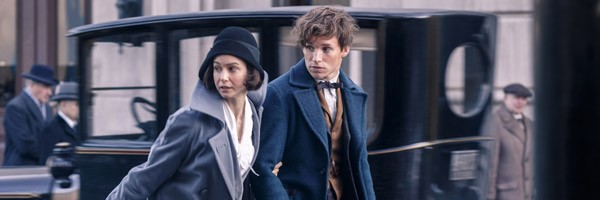
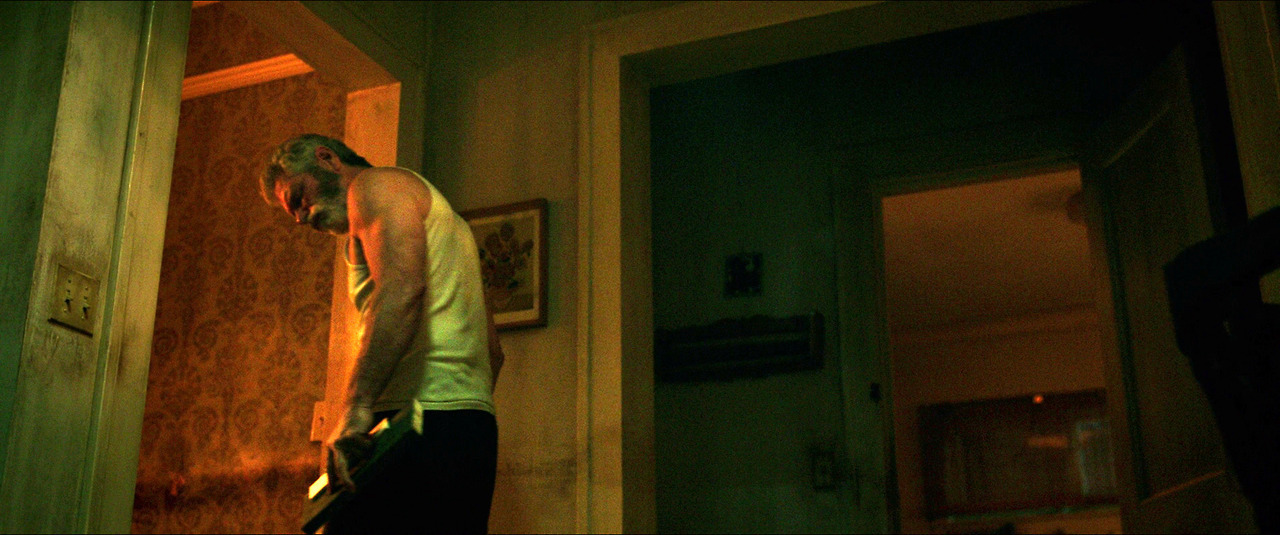
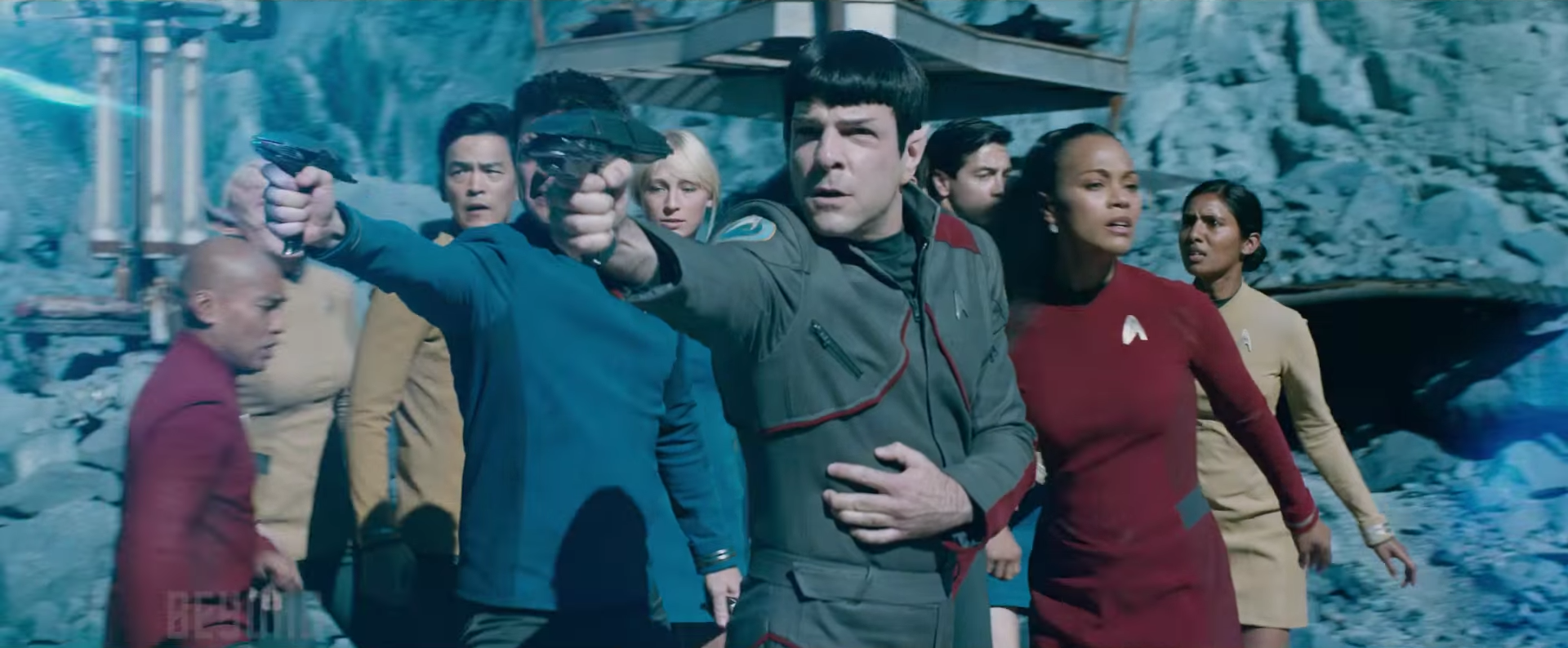
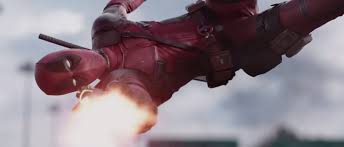
Still, Reynolds, director Tim Miller, and co. embraced the guy, pouches and all, and gave him a movie that suited the character. Besides, it was fun to actually have Colossus running around a X-Men movie for once — but not sure this will get me in the theater for Josh Brolin’s Cable.
MOST DISAPPOINTING:
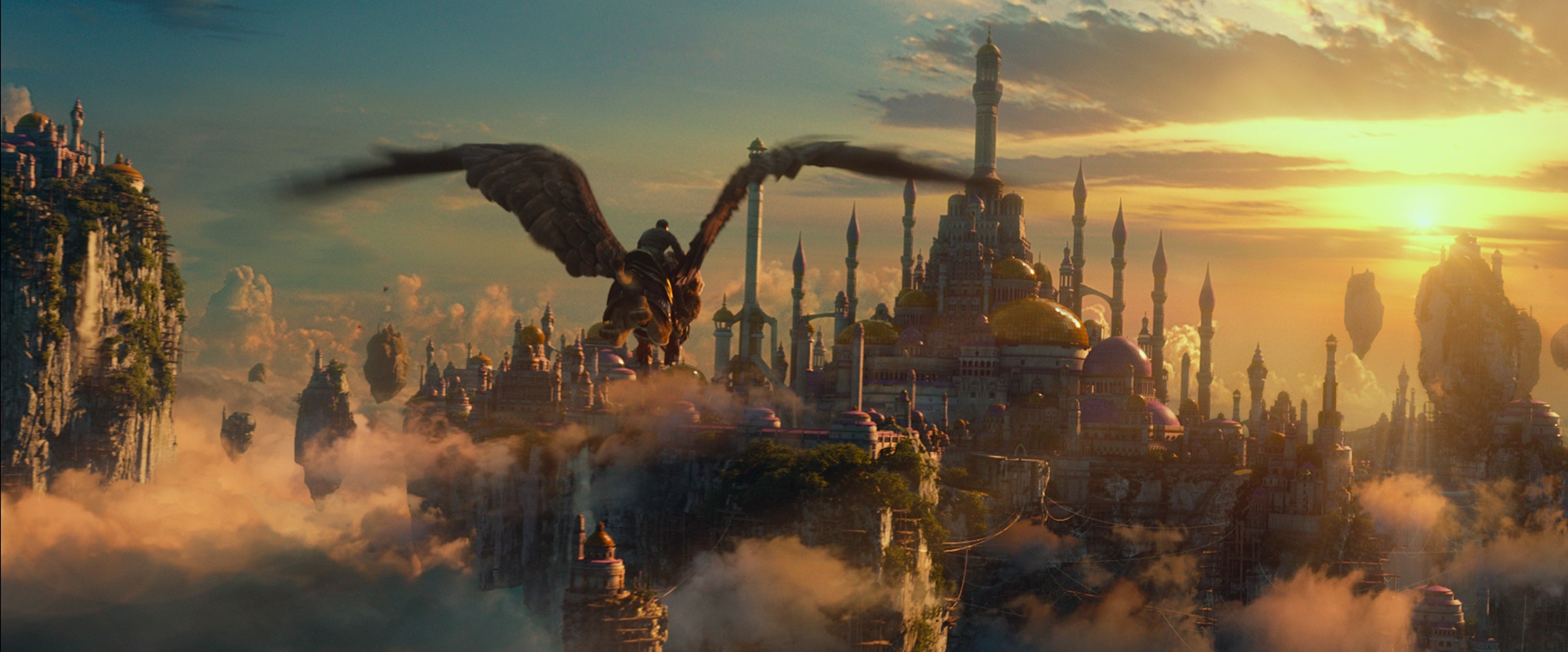
Except — and here was the big issue — Jones didn’t make a World of Warcraft movie, which would probably involve a bunch of D&D-like classes on a quest to level up and gain loot or somesuch. Instead, he made a movie of the original Warcraft, a.k.a. the RTS game from twenty years ago, which means…orcs bashing things for two hours. (And I don’t even recall a single “ready to serve!”) The story of the entire movie should’ve been a LotR-like prologue.
It also doesn’t help that, with the exception of Paula Patton and Team Preacher (Ruth Negga, Dominic Cooper), most of the human actors — I’m looking at you, Travis Fimmel and Ben Schnetzer — are 110-level charisma voids. By contrast, there are some good, fun actors among the orcs — Toby Kebbell, Clancy Brown — but they’ve been literally turned into cartoons. And Ben Foster, who can be fine in other things (Hell or High Water, for example) is operating on his own mad level of terrible here, like he method-trained for this by watching Jeremy Irons in D&D or Brando in Dr. Moreau. Just an all-around missed opportunity.
WHAT IS THIS I CAN’T EVEN:
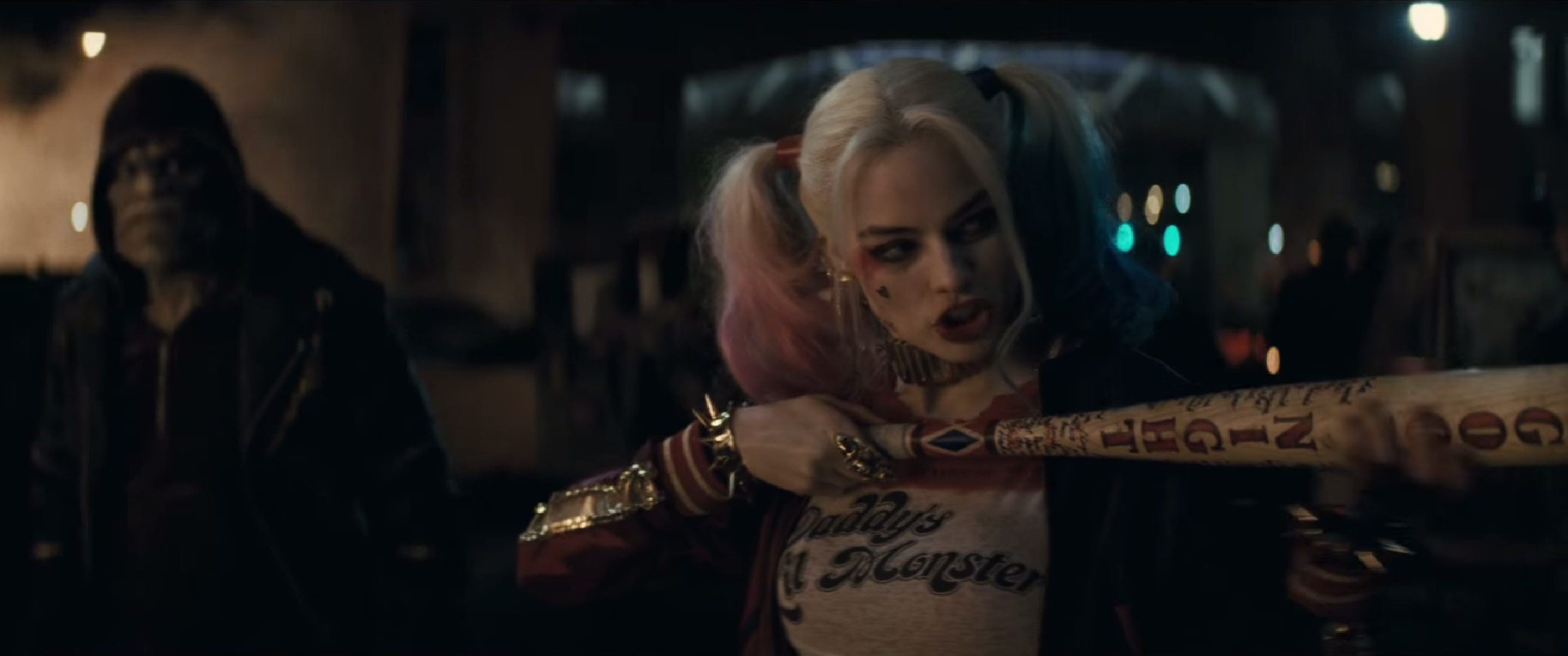
On top of everything else, the film is just ugly — everything looks like it got storyboarded by Ed Hardy, not the least the Clown Prince of Crime, who we know is damaged because…it says “Damaged” on his forehead. Trust me, this movie isn’t even fun bad — it’s just an amateurish disaster. In other words, exactly the type of movie you’d expect from executive producer Steve Mnuchin.
THE REST:
Worth On Demand-ing::
Batman v Superman: Dawn of Justice: MARTHA!! Why am I (barely) recommending this deeply flawed sequel to (the even worse) Man of Steel? Well, mainly because of Batfleck and Jeremy Irons’ Alfred. Zack Snyder can’t seem to understand that Superman should not be a tortured, emo character — he’s more like Chris Evans’ Cap, boy-scout to the bone. But, yeah, Batman sure is — maybe they should write “damaged” on his head — and that stuff here works pretty well.
Don’t get me started on Jesse Eisenberg’s Luthor — rein it in, Jesse — or Snyder’s absurd love for slow-motion bullet casings, or the truly awful ways Diane Lane is employed here. (I’m not just talking about the Stepbrothers-esque “Did we just become best friends?” part — Zack, get Martha Kent away from your creepy-ass Polaroids.) But still, y’know, Batman, Wonder Woman, there’s some stuff to like here.
Keanu: Keanu, about Key & Peele trying to get their cat back from some stone-cold gangsters (including Method Man) is…ok. To be honest, given its creative team, I expected something much funnier, but then again I saw it well after the hype machine had kicked in. A nice send-off to George Michael, if nothing else.
Loving: Jeff Nichols’ Loving tells an important story in a rather drab and by-the-numbers fashion — there was considerably more energy in his Midnight Special. Joel Edgerton basically mumbles his way through the movie and even Ruth Negga, such a spitfire in Preacher, is rendered inert here. But, y’know, it’s fine for what it is, no harm no foul.
Neighbors 2: Sorority Rising: Did you like the first Neighbors? Well, here’s more of the same, now with Chloe Grace Moretz, Selena Gomez, and Kiersey Clemons in the mix as well. Rose Byrne is the secret weapon of these movies, but give Zac Efron credit: he’s surprisingly game for anything.
Manchester by the Sea: Hey ma, look heah: we gawt moah white people praw-blems. I had this in the “don’t bother” section for awhile but eh, it’s competently made, I guess. The main problem here is Casey Affleck’s bitter janitor (an Oscar-winning performance?!) is so emotionally recessed that he doesn’t register — he just mopes his way through scene after scene. (Lucas Hedges gave us a more layered character here, I thought.) I really like Kenneth Lonergan’s other movies, but this one, like Inarritu’s 21 Grams (which is more fun, because it’s so much more pretentious), just assumes that misery is a substitute for character.
Don’t Bother:
Fences: My wife and I saw Dave Chappelle here in DC this past week, and his opening act was Donnell Rawlings, who you may remember from Chappelle Show or as Clay Davis’s chauffeur in the The Wire. Anyway, he basically summed up the problem with this movie in his act: “Denzel, it’s been two and a half hours! Get out of your backyard! Stop looking at the fence!” In other words, this is not really a movie of any kind. It’s a filmed play — which is fine, if it had any sort of energy. It does not — just go see the play.
Ghostbusters: I’m bummed about this one because every MRA asshole on the planet has been whining about an all-female reboot of Ghostbusters somehow ruins his childhood. (To which I say: First, obviously, grow the fuck up. Second, the original Ghostbusters is wildly overrated and wasn’t even one of the ten best fanboy movies of 1984, so develop some taste.) All of which is to say that I was rooting for Paul Feig’s reboot — but, alas, it’s just not very good. Kate McKinnon gets in a few zingers, and they make solid use of Chris Hemsworth, but Kristen Wiig is wasted as the straight woman, and too much of the movie feels like it’s being improvised on the fly, like one of those interminable 11:45am trial-run SNL sketches. I’m glad this Ghostbusters is out there so future fangirls have some role models to look up to, and because this movie’s sheer existence deeply angers many of the worst people in the world. But in the end, sadly, it’s just not all that funny.
Jackie: Yeah, sorry, I don’t understand the love for this one at all. I was bored, as was our entire party. JFK getting shot is not new information, so please find something more to say about it than “then Jackie came up with Camelot.” And maybe Natalie Portman nailed the accent to some extent — moah white people praw-blems — but you can see the Herculean striving throughout her performance, and it makes her Jackie seem weirdly graceless. This was just a ponderous film throughout, tho’ it was nice to see John Hurt give one final, brief curtain call.
Jason Bourne: Have you seen any of the other Bournes? Yeah, you’re good, then. This is basically a Gus Van Sant Psycho remake.
Money Monster: The ubiquitous, beat-for-beat trailer spoiled this movie several times over well before I saw it. And despite the impressive pedigree here — Jodie Foster, George Clooney, Julia Roberts, Giancarlo Esposito, Dominic West — here’s no other part to the movie that you’re missing.
Snowden: I’m very sympathetic to Edward Snowden and his predicament. This dull, hagiographic Oliver Stone outing still misses the mark by a country mile. That being said, Rhys Ifans does a pretty good CIA sinister, Nicolas Cage is here as NICOLAS CAGE!, and it’s kind of a funny kick to see Zachary Quinto playing Glenn Greenwald. Still, you’re better off watching CitizenFour.
X-Men: Apocalypse: Weirdly lifeless for a number of reasons. First, this movie makes the Willem Dafoe-as-Green-Goblin mistake of casting a fun, engaging actor (Oscar Isaac) as the Big Bad, but then burying him so deep in make-up that his personality disappears. Second, a lot of the new X-Men here, like Sophie Turner/Sansa as Jean Grey and Tye Sheridan/Ready Player One as Cyclops, are more than a little on the stiff side, while some of the better actors from the last outing — Nicholas Hoult, Evan Peters — aren’t given enough to do. (That’s especially true for Michael Fassbender’s Magneto, who gets one scene from a much better movie involving an attack on his family, and then just delivers exposition the rest of the time.) Third, maybe standards have changed, but this film looks really cheap for some reason. Bryan Singer delivered one of the best X-outings with X2, but this one’s only for completists.
Unseen: The 5th Wave, 13 Hours, Absolutely Fabulous, The Accountant, Alice Through the Looking Glass, Allegiant, Allied, American Pastoral, Assassin’s Creed, Bad Moms, Bad Santa 2, Barbershop: The Next Cut, Beauty and the Beast, Ben Hur, The BFG, Billy Lynn’s Long Halftime Walk, Blair Witch, Bridget Jones’s Baby, The Brothers Grimsby, Captain Fantastic, Central Intelligence, Collateral Beauty, The Conjuring 2, Criminal, Crouching Tiger, Hidden Dragon: Sword of Destiny, Deepwater Horizon, Demolition, Dirty Grandpa, Eddie the Eagle, The Edge of Seventeen, Elvis and Nixon, Eye in the Sky, Fifty Shades of Black, Finding Dory, Florence Foster Jenkins, Free State of Jones, The Girl on the Train, Gods of Egypt, Hacksaw Ridge, The Handmaiden, Hardcore Henry, Hidden Figures, High-Rise, A Hologram for the King, How to Be Single, The Huntsman Winter’s War, Independence Day: Resurgence, The Invitation, I Saw the Light, Jack Reacher: Never Go Back, Jane Got a Gun, The Jungle Book, Kubo and the Two Strings, The Legend of Tarzan, Live By Night, London Has Fallen, Love and Friendship, The Love Witch, The Magnificent Seven, Me Before You, Miss Sloane, Moana, A Monster Calls, Nocturnal Animals, Now You See Me 2, Office Christmas Party, Passengers, Paterson, Pete’s Dragon, Popstar, Pride and Prejudice and Zombies, Race, Ride Along 2, Sausage Party, The Shallows, Silence, Swiss Army Man, Sully, TNMT: Out of the Shadows, Toni Erdmann, War Dogs, Where to Invade Next, Whiskey Tango Foxtrot, Why Him?, Zoolander 2, Zootopia, pretty much anything else you can think of.
(The Rest of) 2017: It’s September, y’all already know what’s coming out over the next few months. And while if I’d done this list nine months ago The Last Jedi or Blade Runner 2049 would probably get the pole position here at the end, I have to say at this point I’m most excited about…
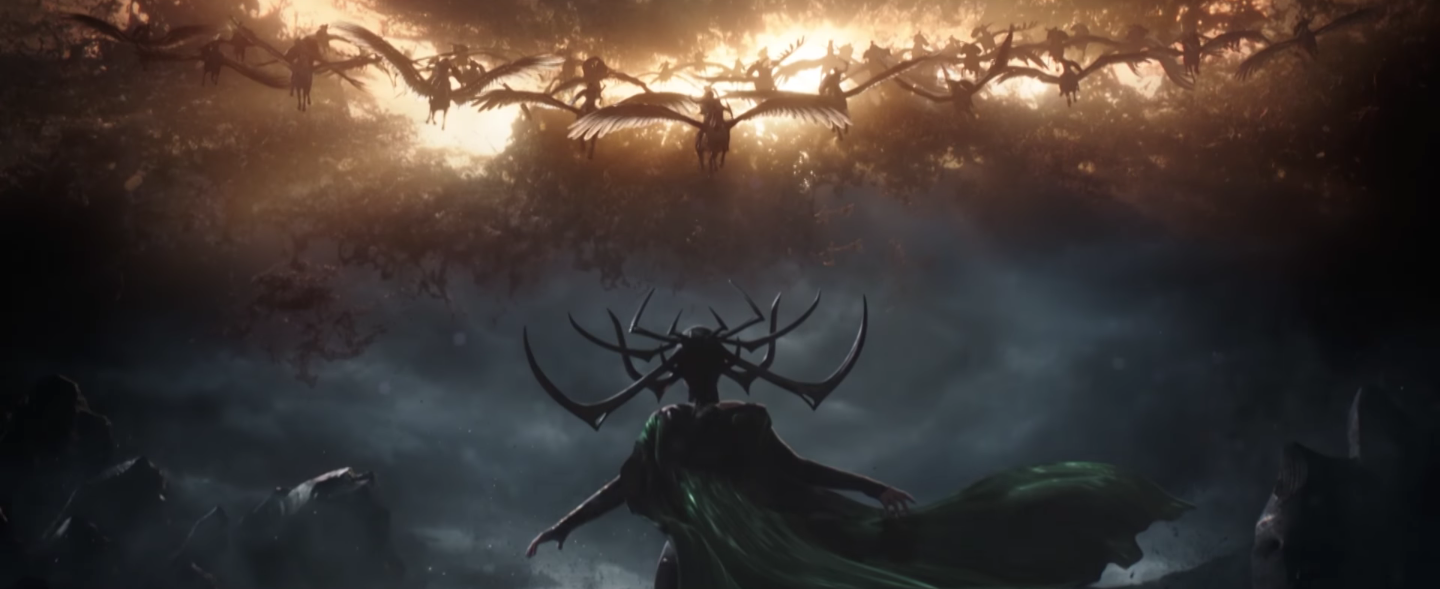
The hammer of the gods
Will drive our ships to new lands
To fight the horde, sing and cry, Valhalla, I am coming…


